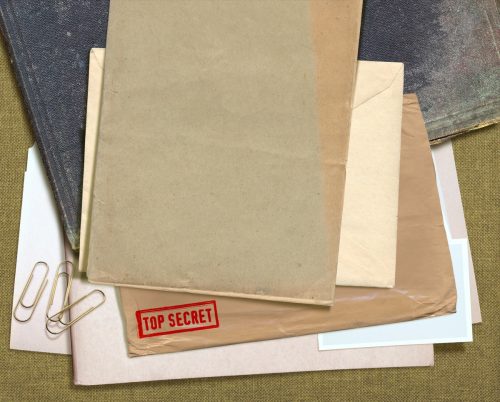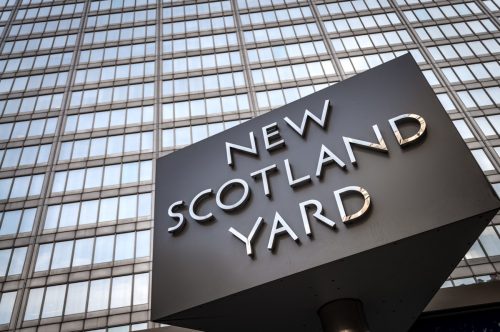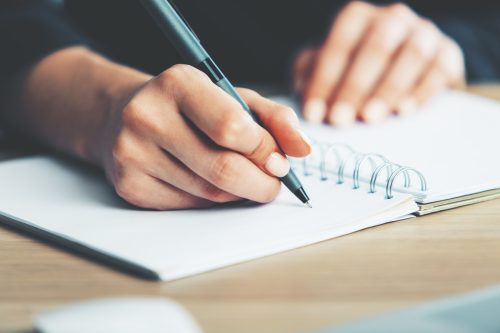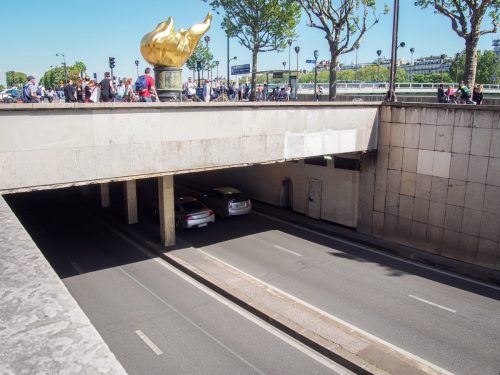Did Princess Diana predict the car accident that would end her life? According to revelations in four-part docuseries The Diana Investigations, the “Mishcon Note” suggested the late princess might have been concerned about her future. Read on to see what the documentary uncovered, and why Diana was “longing for someone to hug me and encourage me to keep strong and hold my head high.”

Victor Mishcon was Princess Diana’s personal legal representative. During a private meeting on October 30, 1995 with Diana and her personal secretary Patrick Jephson, she reportedly told Mishcon that “reliable sources” warned her efforts were being made to “get rid of her” by April 1996, either by a car accident or some other dangerous incident. Diana also reportedly said the potential injury would be designed to leave her “unbalanced.” Mishcon made a note of the meeting, hence the “Mishcon Note.”

Diana died less than two years later, along with her partner Dodi Al-Fayed and their driver Henri Paul, on August 31, 1997. An official police enquiry was opened into her death on January 6, 2004, headed by then-Metropolitan Police Commissioner John Stevens. The 832-page report called Operation Paget was released in December 2006. “The most important thing about that report, and the wait-a-minute moment, light shining through the darkness suddenly, was the Mishcon Note,” Michael Mansfield, an attorney who represented Mohamed Al-Fayed, the billionaire father of Dodi, says in the docuseries. “The note had been put in a safe at the New Scotland Yard.”

“The letter was given by Lord Mishcon to my predecessor, Paul Condon, and he put it in his safe,” Lord Stevens, who headed the Diana death inquiry, tells the Daily Beast. “I was only made aware of that when I was made commissioner myself… and I had been made aware that Lord Mishcon had said he hadn’t actually attached much importance to it. However, when the coroner announced his inquest, I made sure that letter was immediately given to the royal coroner, who at that time was Michael Burgess and then subsequently became Lord Justice Scott Baker.”

“The Mishcon letter, we followed that up,” Lord Stevens says. “I interviewed Lord Mishcon on three occasions and took further statements on that letter, because it’s something that caused me great concern. I saw Lord Mishcon about a month before he died, in about the spring of 2005, and he held course to the fact that he thought she was paranoid, and he hadn’t held much credence to it. He was her solicitor, and remember, a solicitor has legal obligations to their clients. He was kind enough to make no mistake about it.”

According to Diana’s butler Paul Burrell, there was another alleged note she wrote in October 1996, two months after her divorce from Prince Charles. Burrell included the alleged note in his 2003 memoir A Royal Duty. “I am sitting here at my desk today in October longing for someone to hug me and encourage me to keep strong and hold my head high,” Diana wrote. “This particular phase in my life is the most dangerous—my husband is planning ‘an accident’ in my car, brake failure and serious head injury in order to make the path clear for him to marry Tiggy.” Tiggy Legge-Bourke was Charles’ assistant and nanny of William and Harry. The BBC is still facing immense criticism for the behavior of their journalist Martin Bashir, who tricked Diana into her infamous Panorama interview by lying about having information linking Charles to Legge-Bourke.

Authorities have made it clear they don’t believe there was a conspiracy against Diana, including Lord Stevens who claimed “with 100 percent certainty” that her death was not deliberate. “When she brought me that note, the princess was going through a very tricky part of her life, and so she wasn’t stable and her feelings were erratic,” Burrell says. To learn more, watch The Diana Investigations on Discovery+.














